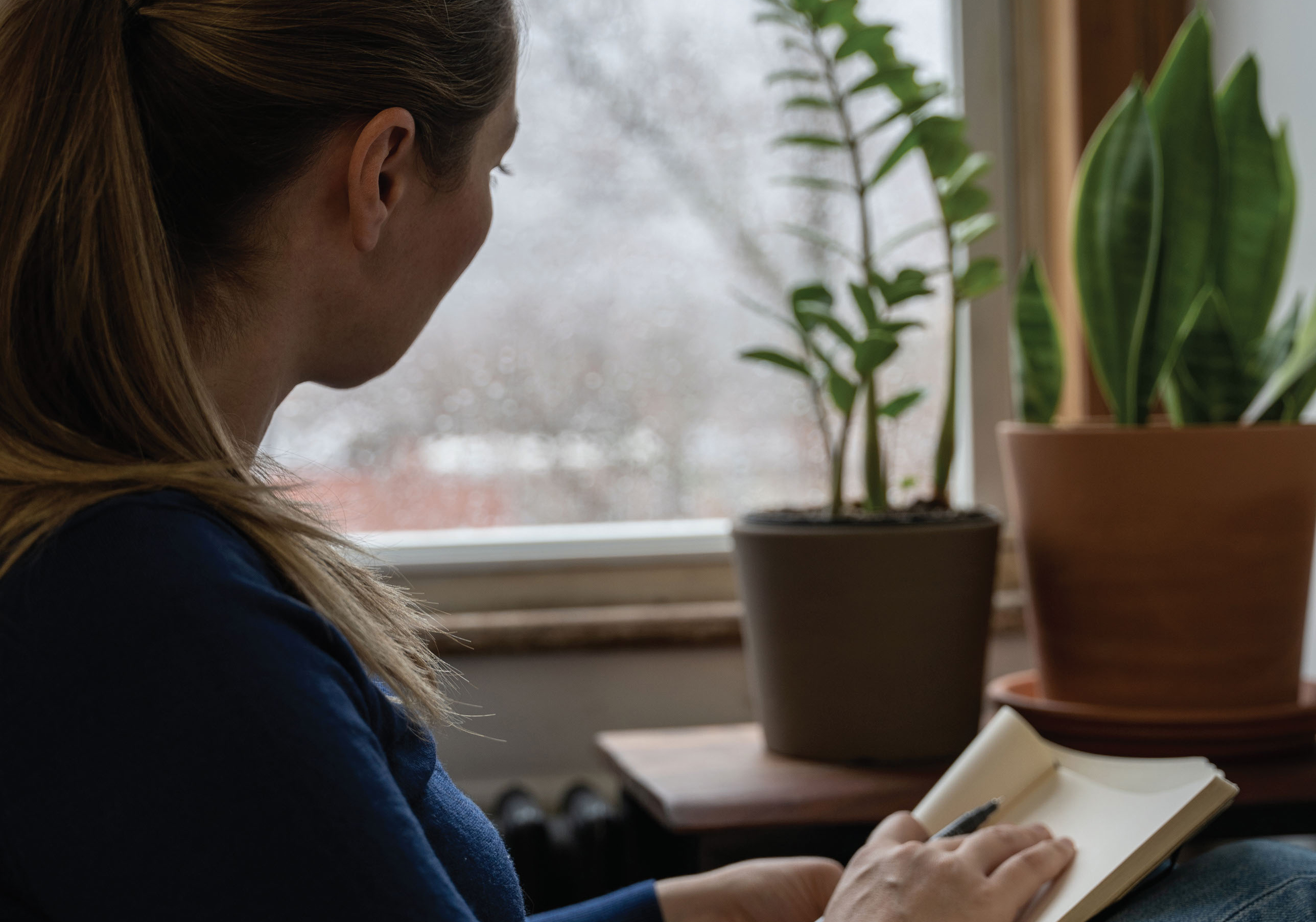Pandemics have a tremendous impact on societies and individuals alike. From incidence rates to death tolls, financial hardship to job loss, and anxiety to isolation, we’ve all been affected in one way or another—although some much more than others.
The stress and shame associated with surviving or thriving during and beyond a crisis has been labeled as survivor guilt. Just as everyone who contracts the virus does not show physical symptoms, people may not show signs of emotional distress either. If you’re asking yourself, “Why me?” you may be experiencing some level of survivor guilt.
What the Research Tells Us
The Myers-Briggs personality test classifies people as thinkers or feelers. Thinkers tend to make decisions objectively and based on logic, whereas feelers make decisions based on values and how their decision will affect others. In ongoing research about how the pandemic affects personality types, 41% of feelers reported feeling guilty about having a job but only 19% of thinkers answered the question similarly. Myers-Briggs concluded that feelers are more likely to experience survivor guilt, and those feelings are likely to increase as the pandemic progresses.
Nor will they immediately cease once the crisis improves. Rather, the shame, frustration, and sadness can intensify once the situation begins to wind down and the full aftermath is revealed. People may even feel guilty about not feeling guilty.
How to Practice
To avoid getting caught in a guilt trap, practice some deliberate strategies for managing crisis-related thoughts and feelings.
Remember that it’s okay to be okay, but it’s also okay to not be okay. Both ways of feeling are normal. Accepting what you feel is the first step in working through the emotion.
Recognize that you are not to blame if you are thriving during times when others are suffering. Use your energy and motivation to benefit others who may not be as fortunate.
For one week, take two minutes to acknowledge and document your feelings. In a small notebook, jot down one to three words that describe how you are feeling each morning and repeat the activity before bed. Review your answers to see if your emotions change on a day-to-day basis or if you are stuck in a continuous pattern of guilty thoughts and emotions, and seek professional help if you notice that those feelings remain consistent over the week’s exercise.






